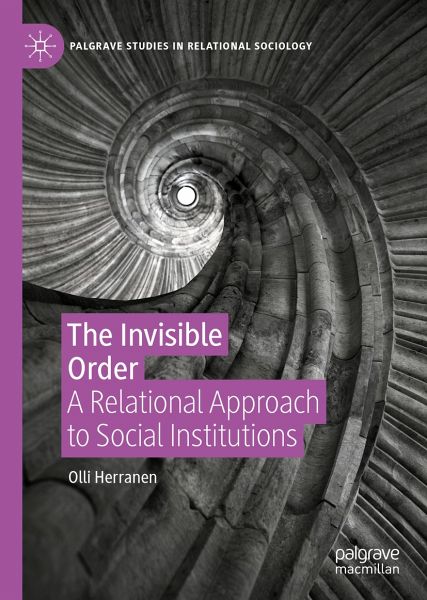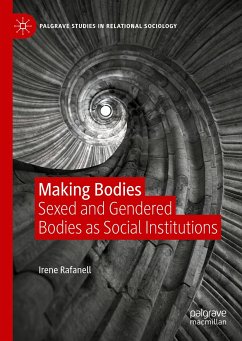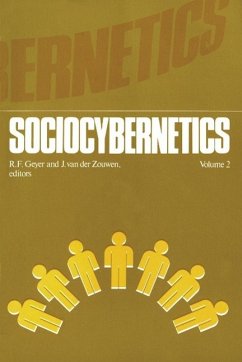
The Invisible Order (eBook, PDF)
A Relational Approach to Social Institutions
Versandkostenfrei!
Sofort per Download lieferbar
96,95 €
inkl. MwSt.
Weitere Ausgaben:

PAYBACK Punkte
48 °P sammeln!
The book addresses the problem of institutionalised order in modern capitalist societies with highly developed division of labour. Via thorough critique and reconstruction of neo institutionalist theory, classical social theories, and critical ideology theory, The Invisible Order introduces the first relational theory of social institutions to explain in detail how individuals end up encountering institutions as objective. Thus synthesising integrative and conflicting social relations, the work calls into question deeply rooted understandings in which society is variously construed as spontane...
The book addresses the problem of institutionalised order in modern capitalist societies with highly developed division of labour. Via thorough critique and reconstruction of neo institutionalist theory, classical social theories, and critical ideology theory, The Invisible Order introduces the first relational theory of social institutions to explain in detail how individuals end up encountering institutions as objective. Thus synthesising integrative and conflicting social relations, the work calls into question deeply rooted understandings in which society is variously construed as spontaneous equilibrium, solely conflict-driven, or a set of agent-based constructions. It offers a new take on the age-old questions of classical and critical social theory and on the fundamentals of institutional and organisational theory alike. This timely and useful relational examination of social institutions reveals how complex societies can keep functioning even though theirorders are constantly contradicted by multiple disordering endeavours and tendencies.
Dieser Download kann aus rechtlichen Gründen nur mit Rechnungsadresse in A, B, BG, CY, CZ, D, DK, EW, E, FIN, F, GR, HR, H, IRL, I, LT, L, LR, M, NL, PL, P, R, S, SLO, SK ausgeliefert werden.












